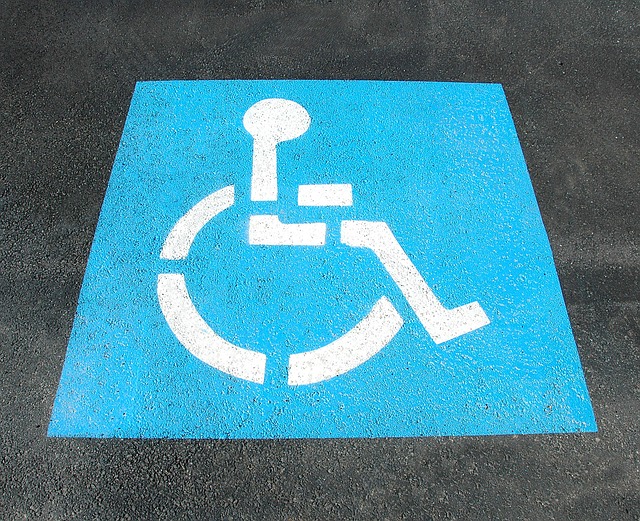Whether you’re a doctor, an attorney, or an insurance adjuster, a precise definition of disability is essential in impairment rating. However, for such an important term its technical definition often goes unexamined.
What You Need to Know About Disability
- Disability is an inability to meet social, occupational, personal, or statutory requirements because of impairment.
- Disability is different than impairment.
- Someone may have disability at home but not at work. Likewise, an individual may have disability at work, but not at home.
- A physician may provide an opinion on disability if he/she has expertise and is acquainted with the individual’s work activities and activities of daily living.
- An impairment evaluation is only one aspect of determining disability. A disability evaluation includes information about skill, education, job history, adaptability, age, environment requirements and modifications.
Time for an Example
Consider this: a 43 year old man performs sedentary clerical work. He has a permanent impairment from an amputation of the right leg below the knee. He cannot climb stairs in his home. Is he disabled from occupational demands? No. He performs clerical work that doesn’t require him to walk around. Is he disabled from personal demands? Yes! His activities of daily living are affected. Feel free to email us if you have any questions about disability and impairment rating.
